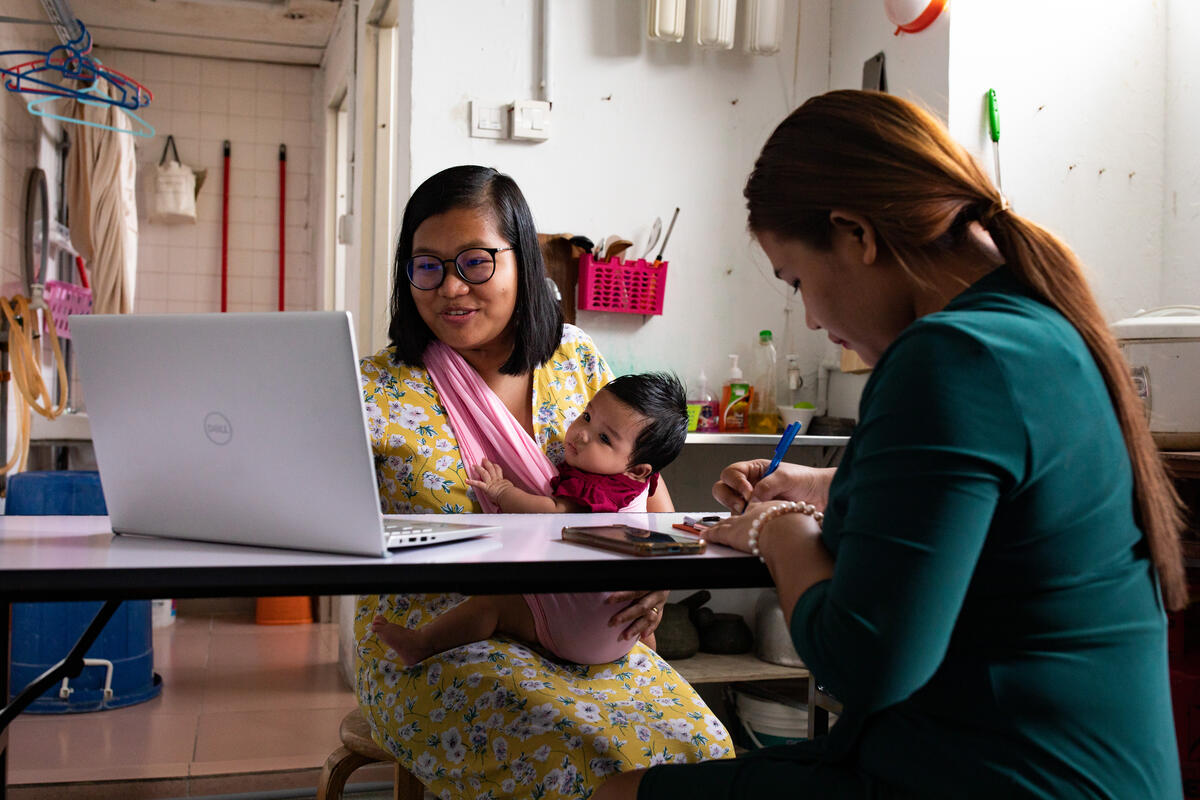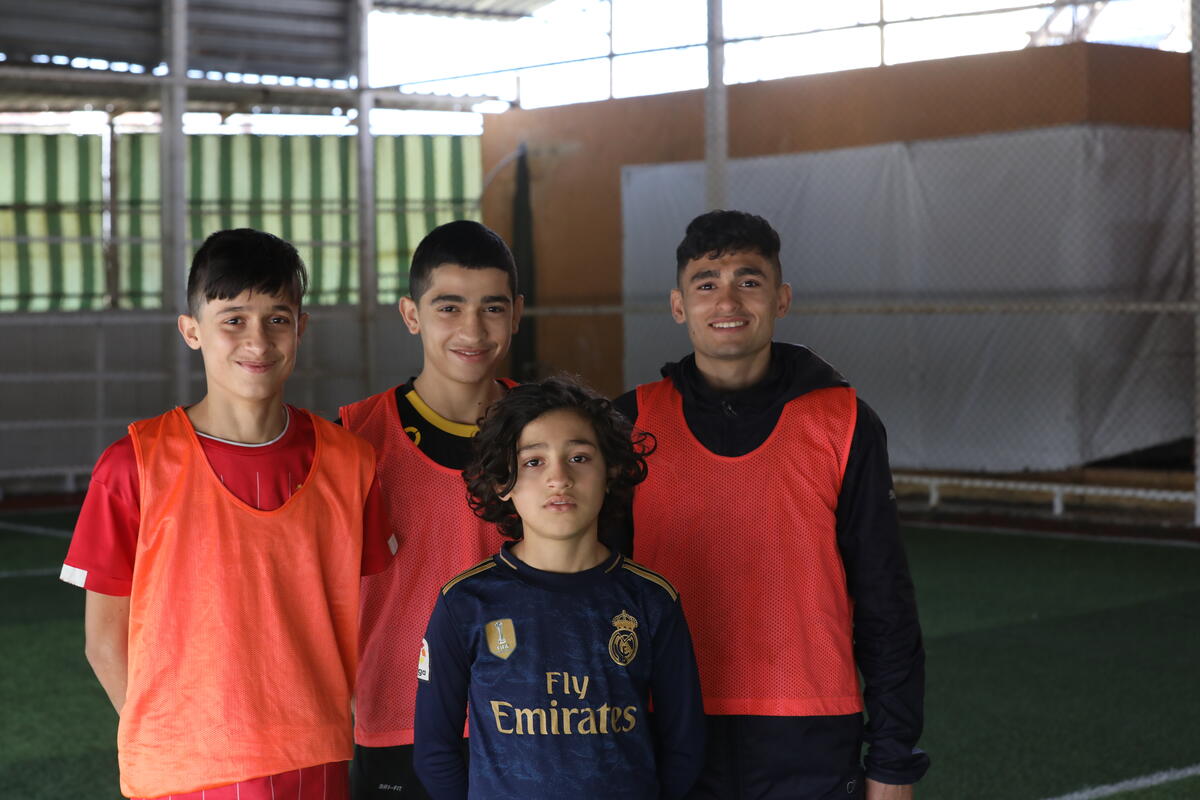Vaccines for refugees under UNHCR-UNICEF agreement
Vaccines for refugees under UNHCR-UNICEF agreement

ISLAMABAD, Pakistan, June 23 (UNHCR) - The UN refugee agency and the UN Children's Fund (UNICEF) have signed an agreement that will result in significant savings in the purchase of vaccines for Afghans and locals living in and around Pakistan's refugee villages.
The Memorandum of Understanding (MoU) was signed by UNHCR's representative in Pakistan, Guenet Guebre-Christos, and her UNICEF counterpart, Martin Mogwanja, in Islamabad last Saturday.
Under the MoU, UNICEF will procure vaccines on UNHCR's behalf based on the current UNICEF supply catalogue and price list or other estimates provided by UNICEF, which are lower than what UNHCR currently pays.
"This MoU is a good example of the UN delivering as one," said Guebre-Christos. "The economies of scale will allow us to be more cost-efficient when procuring vaccines. This in turn will help us to maximize services to the refugees."
Every year, UNHCR spends some US$200,000 on vaccines for hundreds of thousands of refugee children and pregnant women living in refugee villages, as well as their host communities. The vaccines are to prevent diseases such as polio, measles, tuberculosis, diphtheria, Hepatitis B and tetanus.








